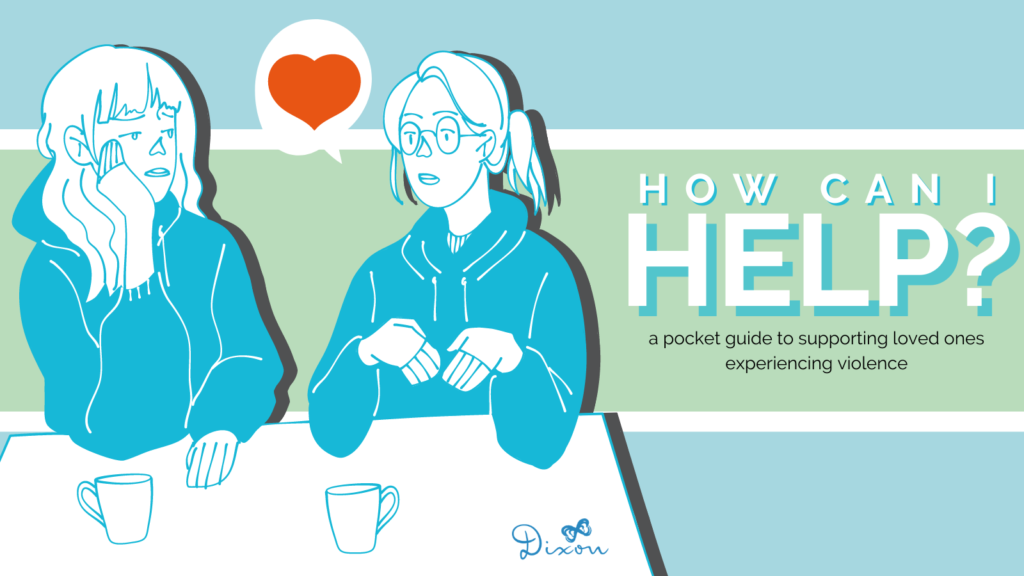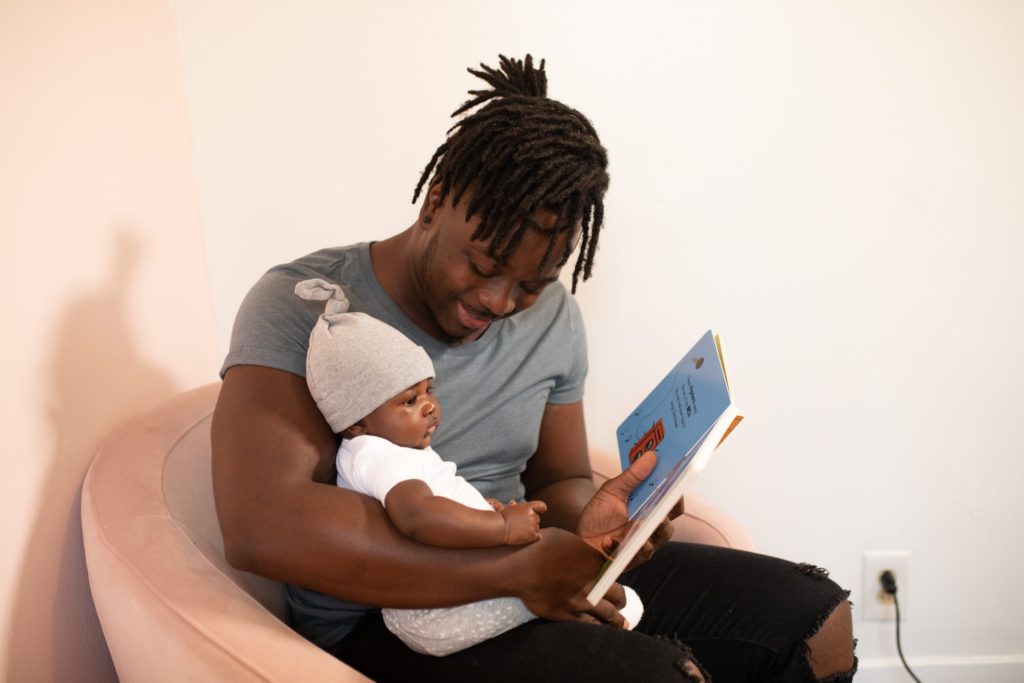
According to the Public Health Agency of Canada, fewer than one in five women who had been abused by their spouse reported abuse to police. This statistic is jarring: it exposes the secrecy that is often part of violence against women and the amount of bravery required to come forward. Moreover, it highlights the importance of being supportive of those who choose to share their abuse.
As a loved one of someone who is experiencing domestic violence, it’s important to remember that it is not your responsibility to save them. Instead, you can be there to provide support and encouragement.
Let her know you’re here for her if she needs you
Situations of abuse can be isolating, especially with the stigma and pressure women often feel to keep their abuse a secret. The best way to break down this stigma is to listen when they need to talk and let them know that you believe them.
Self-blaming is common for women who are experiencing violence. It’s a coping mechanism that comes with being told that you’re not good enough or that your actions are the cause of the abusive behavior. Lending a supportive ear can help your loved one overcome this. Active listening is key.

Practice patience
“I am here for you, I believe you, this is not your fault.”
If you know or suspect that someone you care for is experiencing domestic violence, it can be difficult to know what to say or do. It can also be very challenging for victims to share the reality of their situation, so it’s always a good idea to be patient and let them open up on their own terms. It might take several tries before they’re able to share everything, but knowing that they have a trustworthy friend can provide a feeling of security that they aren’t experiencing at home.
When your loved one is able open up and share with you, remember that violence against women is complex and cannot be solved in one conversation. They will need to come to terms with their partner’s abusive behavior before they feel comfortable taking any action towards leaving. Although you may be worried about their safety, being forceful will not guarantee a situation safe enough to leave. Leaving an abusive relationship is often the most dangerous part of it. Trust that your loved one knows her situation best and will leave when she’s ready.

Offer to provide tangible support
Some women might not feel comfortable coming forward to ask for help. Because of this, taking the step to provide tangible support might help her get the help she needs.
Tangible support looks different for everyone and will ultimately depend on what your loved one prefers. Some practical ways to show support could be:
- Offering to provide childcare when she is meeting service providers
- Opening up your home as a safe haven in case she needs it
- Suggesting that she leave a bag with her belongings at your home
- Letting her know that there are resources and helping her to find them. Dixon is a great start if she’s living in the lower mainland.
- Encouraging her to participate in activities outside of the relationship or offer to go along with her.
- Not judging her for returning to her abuser or when she finds it difficult to leave. Many women who flee situations of domestic violence will return to their abuser a few times before leaving permanently. Instead of giving up on her, try showing that you care by building her self-confidence and trusting her judgement.

But what if the person I know who is being abused is a child?
Under the Child, Family and Community Service Act, anyone who has reason to believe a child is being abused in British Columbia must report this concern to a child welfare worker. You can file a report by calling 1-800-663-9122 at any time. Reports can be filed anonymously if you prefer. More information on the reporting process can be found here, and a comprehensive guide on what to look out for can be found here.
When children disclose that they’re being abused, they need support and validation, just like adults. You can demonstrate this support by:
- Believing the child
- Listening to the child without interruption or judgement
- Going slowly and gathering only the essential information. Pressuring a child for details can be distressing.
- Remaining calm and letting the child know you are there for them.
- Reassuring the child that the abuse was not their fault and they did the right thing by telling you. Many children are told that they will get in trouble or “break up” the family if they disclose, so reassurance is essential.

After a child has told you they have been abused, try to write down what the child has told you in their own words as soon as possible. This information is essential.
Knowing a loved one is experiencing violence can be scary, but knowing what resources are available can help.
If you are currently living in a violent situation in the lower mainland, Dixon is here 24/7 at 604-298-3454. For services outside of the Lower Mainland, please contact VictimLinkBC at 1-800-563-0808.
If you or your loved ones are in immediate danger, please call 911.
